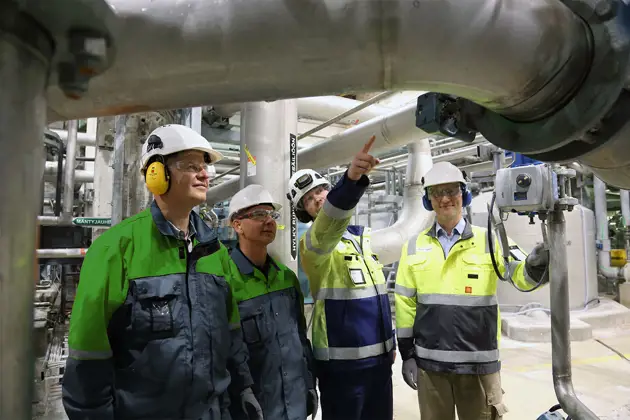Honestly, if you don’t know which field devices you have, where they are located and the job they are doing, then how can you expect to improve your equipment and plant reliability?

Accurate device information is essential if you genuinely wish to streamline the ordering of spare parts for scheduled maintenance activities as well as to ensure fast recovery from an unexpected shutdown.
Earlier, plants kept more reliable records on their own devices. But today, process facilities can lose track of their installed devices for many reasons. For example, data update is a challenge in every company and data gets corrupted over the years. Therefore, it’s difficult to rely on asset and maintenance management systems data.
And yet, installed base data plays a crucial role in proving plant reliability.
Correctly identifying and understanding device details and life-cycle status can assist you greatly when planning the needed maintenance activities and possible modernization or field device upgrade requirements.
The benefits are twofold. First, a plant will significantly decrease the risk of excessive downtime due to unplanned device breakdowns. Second, a plant will know that its inventories match the actual field device requirements and avoid tying up significant sums of money in unnecessary inventory at the same time.
A thorough device check pays off
To help out, Neles offers an installed base analysis that confirms installed device types through a visual audit of their life-cycle status, availability and condition. As part of this analysis, we can recommend relevant activities to further increase plant availability, maximize process performance and reduce risks. The advice can range from simple maintenance activities on devices through to identifying obsolete products for replacement if the availability of spare parts could become an issue at a later date.
Our experts will assess the life-cycle status of the device and determine its criticality together with the plant. This information is used to generate predefined action plans, which indicate recommended steps and explain why they are needed. This ensures that downtime is kept to a minimum.
The benefits of performing a thorough device check are clear. Based on process and device criticality as well as on availability and reliability needs, Neles builds a comprehensive proposal with short- and long-term development and maintenance roadmaps. This information helps avoid surprises and ensures the availability of the correct materials and resources during and in between turnarounds.
After the installed base analysis, the plant will get recommendations for devices and spares kept in inventory. This usually lowers the inventory values and improves the critical spare parts coverage.
A harmonization plan for devices and spares is one of the key actions; it improves spare part management and enables faster reaction in urgent cases. Neles can also recommend device upgrades and modernizations, which can lead to better productivity and profitability.
Written by Martin Karlsson. For additional information on the topic, please contact sami.nousiainen@valmet.com
Text originally published in 2017, and slightly updated in April 2022, due to the company name change to Valmet.
